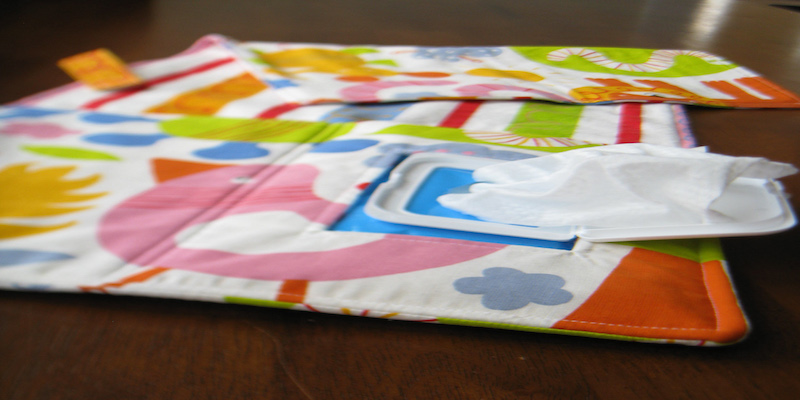- Study Says Most Parents Don’t Use Car Seats In Ride Share Vehicles Like Uber
- This 12-Year-Old Boy Is A Sophomore Aerospace Engineering Major!
- Fire Safety Experts Warn Of Hand Sanitizer Danger After A Mom and Kids Escape House Fire
- Recall Alert: Peaches May Be The Cause Of Salmonella Outbreak, 68 People Ill
- Summer Vacation In The Days Of COVID: Tips To Stay Safe
- How To Safely Grocery Shop During The Coronavirus Pandemic
- Michigan Teen With Vape-Related Illness Undergoes Double Lung Transplant
- Teen Kicks Off Anti-Vaping Campaign From Hospital Bed
- Teenager Receives Life Sentence For Strangling Sister To Death Over A Wi-Fi Password
- Toddler Falls To Death From 11th Deck of Cruise Ship
Study Says Wet Wipes Can Be Harmful For Babies


Wet wipes are a parent’s best friend and are great helpers for changing a baby’s diapers, as well as other messy episodes. It’s used to wipe down sticky fingers, sticky faces and sticky countertops.
While it may be difficult to do without them, it’s important to know that the frequent use of wet wipes can cause severe health risks to your child.
Associate professor of dermatology and pediatrics at the University of Connecticut School of Medicine, Mary Wu Chang, conducted a major study revealing the danger that hides in the daily use of wet wipes.
Her research found that several types of rashes (and other reactions) in children weren’t caused by an allergy – they were caused by wet wipes.
According to Dr. Wu Chang, a commonly found preservative is the cause behind the health problems caused by wet wipes.
In a report by CBS News, Chang identified that the preservativemethylisothiazolinone (MI) is to blame. MI is used in a variety of personal care products, cosmetics, and home products. Things like shampoo, soap, and household paints commonly contain MI.
Her study showed that most wet wipes also contain this product along with another preservative called methylchloroisothiazolinone, or MCI.
Over time, researchers found that this combination of MI and MCI was a major cause of allergic skin reactions. Health institutions then caused companies to stop combining these type preservatives in order to help reduce risk.
As a result, manufacturers then relied on MI as a single preservative, based on the belief that it was less likely to cause an allergic reaction. However, several children have been diagnosed with an MI related allergy in recent years.
So if you can’t imagine your life without wet wipes, pay attention to the ingredients in the brand that you buy. Rather purchase wipes that contain a minimum number of preservatives and pay attention to how your baby’s skin reacts to these wipes. Also, try to use substitutes when possible – a damp paper towel can be just as effective as a wet wipe in some situations for example.








0 comments